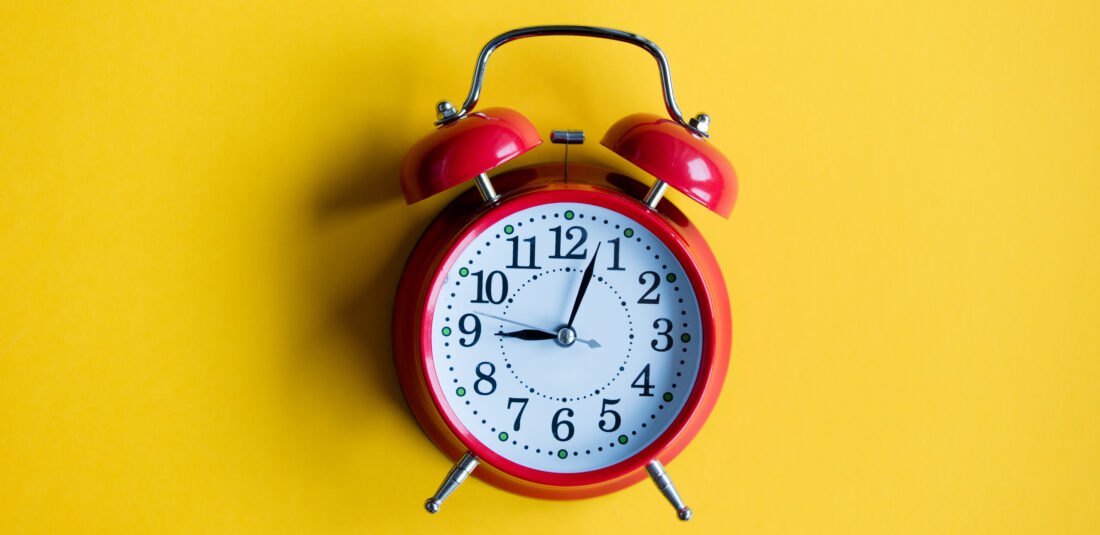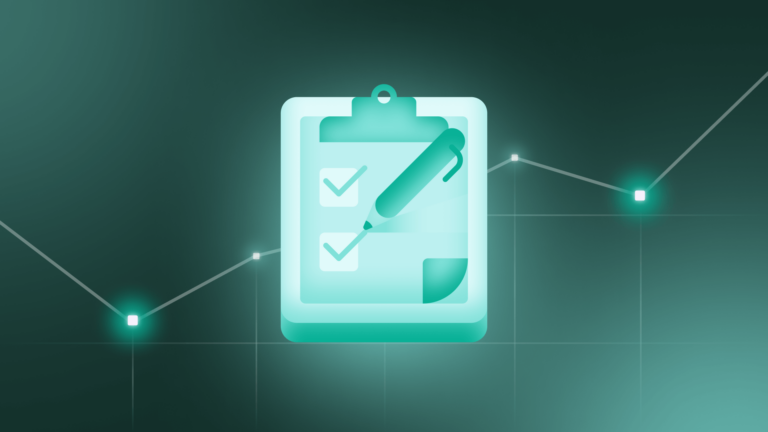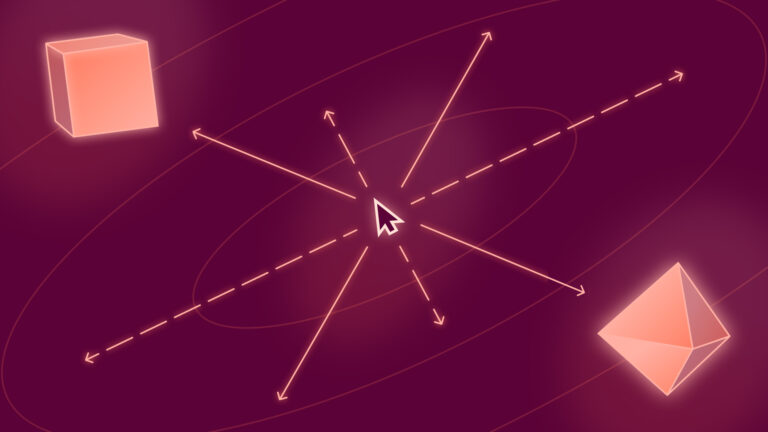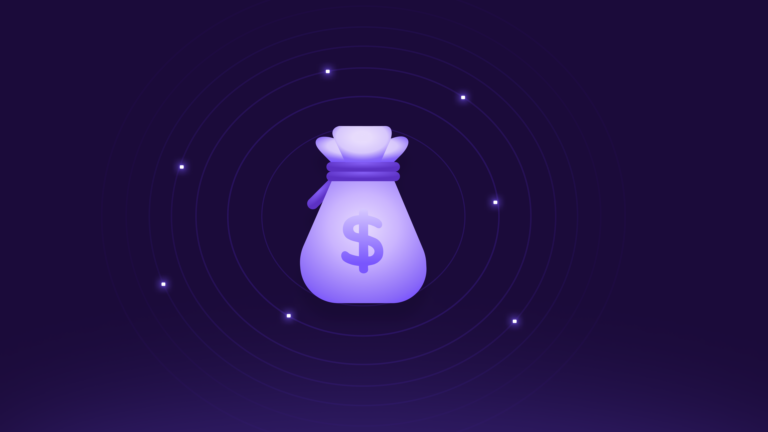
Sleep deprivation and product teams
In today’s tech culture, it’s not surprising that people treat their bodies like machines. Software, social networks, and the internet don’t sleep, so why should the people who build them?
The artifacts of this cultural norm are legion. Tech employees in Silicon Valley sport t-shirts which unironically proclaim a “9 to 5 is for the weak.” Gary Vaynerchuk, author of several books on entrepreneurship and host of a popular self-named podcast has implied that working less than 18 hours each day is lazy. Employers like Google even offer nap rooms to help employees reclaim much-needed shuteye.
Is all this under-sleeping really productive? Probably not, according to research by Stanford economist John Pencavel who found diminishing returns for workweeks longer than 56 hours.
On top of that, those who rely on their creativity may be hardest hit – among them, product teams. The consequences of undersleeping are truly stranger than fiction.
High-value slumber
What do cancer, Alzheimer’s, and heart disease have in common? They are three among many side-effects of sleep deprivation according to Dr. Matthew Walker, neuroscience sleep researcher at University of California Berkeley and author of Why We Sleep.
“The shorter your sleep, the shorter your life,” said Walker. “The leading causes of disease and death in developed nations such as obesity, dementia, diabetes, and cancer all have recognized causal links to a lack of sleep.”
While we sleep, our bodies recover. Muscles rebuild, cells repair, and our cardiovascular system heals. Without sleep, this can’t happen. The degenerative effects can be seen across age groups, reports Dr. Walker.
Dr. Ronesh Sinha, a medical director at the Palo Alto Medical Foundation, witnessed this firsthand. In 2013, he started a mobile medical care service in Palo Alto, California and noticed that tech workers “had bodies that did not match their age,” he told Fortune. Sinha cited “a toxic cocktail of poor nutrition, sleep deprivation, and stress” which, as he saw it, was causing “an epidemic of advanced aging in Silicon Valley.”
How much sleep must one lose to feel these effects? Just a few hours each night will do. Dr. Walker’s team has performed studies where patients – deprived of just a few hours each night for several weeks – were diagnosed by their unwitting primary care physicians with type two diabetes. After three full nights of sleep, the diabetes symptoms disappeared.
Innovators need more sleep
If sleep deprivation is hard on the body, it’s even harder on the mind. Product teams should take note: A lack of sleep leads to a cognitive decline and ravages an individual’s ability to learn, remember, innovate, and process emotions.
Workers who sleep too little can be as impaired as if they were intoxicated. They make more errors of judgment, have a poorer memory, and struggle to empathize with people – hardly a recipe for building a winning product.
In fact, these impairments threaten many of the key traits that Harvard Business School professor Julia Austin lists as being critical to product management in a Harvard Business Review article titled “What it Takes to Become a Great Product Manager”:
- Emotional intelligence
- Resource allocation
- Translating business and technical requirements
- Relationship management
- Self-awareness
- Social awareness
A top-notch product manager deprived of sleep will operate like a novice. They’ll be less likely to weigh decisions rationally, more likely to forget prior conversations, and have difficulty understanding users’ needs. After a week of undersleeping, studies suggest they may rank 15 points lower on an IQ test.
Yet despite decades of sleep research, the importance of sleep is rarely emphasized in business schools or startup culture where sleep carries a deep stigma. It’s seen as an unnecessary luxury and a great many brag about their sleep debt.
Leaders from Apple CEO Tim Cook to Twitter founder and Square CEO Jack Dorsey to claim to get by on well below the recommended seven to nine hours. Even if they are being honest – perhaps because they possess an exceedingly rare gene and really do need less sleep – their success fuels the sleep stigma.
These leaders inspire a great many people to fall into a negative cycle of self-medication. They drink coffee because they feel tired and it keeps them up at night. They wake feeling even more tired and drink more coffee the next day. Few understand that coffee’s effects last well beyond six hours or that it’s the most common cause of insomnia.
“The irony is that a lot of people forego sleep in the name of productivity,” said Arianna Huffington in a TED talk on the benefits of sleep. “But, in fact, our productivity is reduced substantially when we’re sleep deprived.”
Sleep: What is it good for?
The effects of poor sleep are well understood but the function of sleep, less so. What is known is that as our brains sleep, we solidify memories. This happens in the two phases of sleep which our brains alternate between several times each night: non-rapid eye movement (NREM) and rapid eye movement (REM).
During the NREM phase, light electrical pulses move from areas of our brains associated with short-term memory to long-term. These pulses are accompanied by occasional bursts of electrical activity, known as sleep spindles. By interrupting sleep spindles — say, by waking a study participant — scientists at Dr. Walker’s lab can interrupt the flow of information and cause volunteers to forget things they knew the day prior.
When the brain shifts into REM sleep, it appears to organize itself. Heavy electrical waves activate memories from the day and forge new neural pathways between old and new. Many know the feeling of this state firsthand as the act of dreaming. Dr. Walker’s studies show that REM sleep is critical to reducing the effects of trauma and regulating emotions.
Interrupt either of the two portions of the sleep cycle and people inhibit their intellectual and emotional learnings from the day before, and perhaps even damage their cognition long-term. Brains of sleep-deprived mice had some of their synapses “literally eaten” by other cells says Marche Polytechnic University researcher Michele Bellesi.
In his book, Dr. Walker provides another grim warning. While the Guinness Book of World Records determined that Felix Baumgartner’s 128,000-foot skydive from Earth’s outer atmosphere was a safe enough activity for the society to record, the organization withdrew feats of sleep deprivation as a category to dissuade people from ever attempting it.
Bedtime brain gain
The positive effects of sleep are just as plentiful as the negative effects of deprivation. Well-rested brains are more creative, have better memory recall, and are better at problem-solving.
One reason for this might be that most people engage in REM sleep – the stage where new neural pathways are created – just before waking up. A Harvard study found that participants who woke up after a restful night of sleep and adequate REM sleep were able to solve 30 percent more anagram puzzles. UC San Diego scientists found that participants scored 40 percent better on creativity tests after REM sleep.
Thomas Edison, a prolific catnapper, is fabled to have used sleep to reach epiphanies. According to observers, he would sit in an armchair with pen and paper and two steel balls in one hand. The hand would dangle over the armrest under which sat a silver tray. Once he would drift off, the balls would drop with a clang and he’d bolt awake to write down what he had seen.
Brains also learn while asleep. In a study, participants were trained to play a series of notes on a musical instrument. The control group, who was granted a restful night of sleep, didn’t just play better than those whose sleep was interrupted – they improved. “It was as if they had practiced while they slept,” said Walker. Similar effects have been observed in mice who became better at solving mazes after restful sleep.
For product teams who want to operate at the top of their game, the advice to “sleep on it” might be very wise indeed.
How can product teams get more sleep?
There is one antidote to the mental and health effects of sleeplessness: sleep. Yet obtaining it is sometimes no easy task.
For many who suspect they are beset by a sleeping disorder, a simple routine change may suffice. Dr. Walker recommends keeping a consistent sleep schedule above all else. “Humans aren’t very good at adapting and a weekend isn’t enough to recover,” said Walker in his book. He also recommends restricting caffeine and alcohol, both of which impair sleep, and setting an alarm to go to bed rather than one to wake up.
Teams can also alter their device habits. The blue LED technology behind many device displays triggers wakefulness. Using devices just before bed can make it more difficult to sleep. Product teams should avoid working late into the night unless they plan to wake later and should change device displays to limit blue light after sunset. On Apple devices, this setting is called Night Shift.
Here is a sleep checklist for product teams:
- Stick to a consistent sleep schedule
- Limit caffeine after 2 pm
- Avoid sleep medications, which don’t deliver restful sleep
- Avoid drinking water right before bed
- Get exercise, but no less than two hours before bedtime
- Limit evening blue light
- Try meditation
For product teams that find that overwork is deeply rooted in the culture of their company, the task may be harder. Yet there is ample science for data-driven teams to make a case for shorter hours and higher output. A lack of sleep cost U.S. companies $63 billion in lost productivity in 2011 according to the American Academy of Sleep Medicine. This was due workplace errors and because sleep-deprived employees took more sick days. Successful companies like Google, PwC, and Huffington Post all permit napping on the job to increase productivity according to Inc.
Modern sleep science should serve as a wakeup call for product teams. If sleeplessness leads to errors, memory loss, and difficulty empathizing with people, then working harder certainly isn’t working smarter. To maximize creativity and promote innovation, product teams should first get a good night’s rest.






